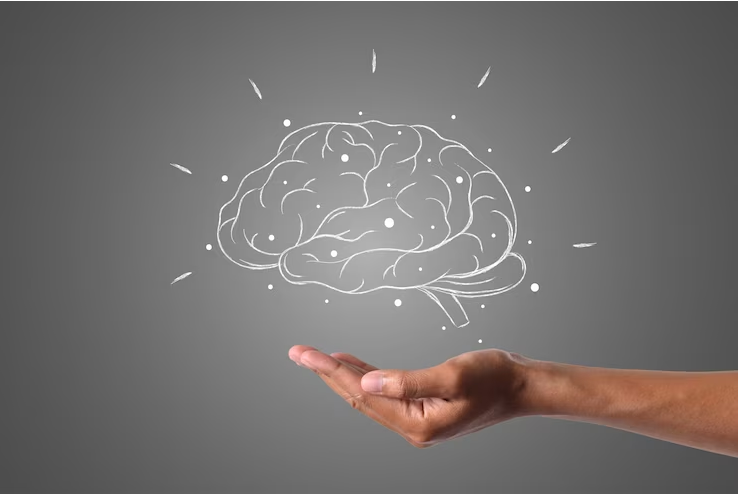
Mindfulness 101: Understanding the Basics and Benefits of the Practicing Mindfulness
Mindfulness is a practice that has gained increasing popularity in recent years as a way to improve mental health and wellbeing. It involves paying attention to the present moment, without judgment, and with a sense of curiosity and openness. In this article, we will explore the basics of mindfulness, its benefits, and how to incorporate it into your daily life.
What is Mindfulness?
Mindfulness is a mental state characterized by awareness and attention to the present moment. It involves observing thoughts, feelings, and bodily sensations without judgment or distraction, and with a sense of acceptance and curiosity. Mindfulness can be practiced in many different ways, including meditation, breathing exercises, and mindful movement practices such as yoga.
One of the key components of mindfulness is learning to be fully present in the moment, rather than being caught up in thoughts and distractions. This can be challenging in our fast-paced, multitasking world, but with practice, mindfulness can become a habit that supports mental clarity, emotional stability, and overall wellbeing.
Benefits of Mindfulness
Research has shown that mindfulness can have a range of benefits for mental and physical health. Some of these benefits include:
-
Reduced stress and anxiety: Mindfulness has been shown to reduce symptoms of anxiety and stress by promoting relaxation and reducing negative thought patterns.
-
Improved mood: Practicing mindfulness has been linked to improved mood, greater self-awareness, and increased resilience in the face of difficult emotions.
-
Better cognitive functioning: Mindfulness has been shown to improve attention, memory, and cognitive flexibility, which can enhance problem-solving and decision-making abilities.
-
Enhanced physical health: Mindfulness can have physical health benefits, including lower blood pressure, improved sleep, and reduced symptoms of chronic pain.
What It Means To Be Mindful
Being mindful means being fully present and engaged in the present moment, without judgment or distraction. It is the practice of intentionally paying attention to the present moment and accepting it without judgment or criticism.
When you are mindful, you are aware of your thoughts, feelings, and surroundings without becoming overly reactive or overwhelmed by them. Instead of getting caught up in worries about the past or the future, you focus on the here and now, allowing yourself to fully experience each moment as it unfolds.
Mindfulness can be practiced in a variety of ways, such as meditation, yoga, or simply paying attention to your breath or senses. It can also be applied to everyday activities, such as eating, walking, or even washing the dishes.
The benefits of mindfulness include reduced stress, increased focus and concentration, improved emotional regulation, and greater self-awareness. By practicing mindfulness regularly, you can learn to manage stress and anxiety more effectively, cultivate a greater sense of calm and inner peace, and enjoy a more fulfilling and meaningful life.
How to Practice Mindfulness
Mindfulness can be practiced in many different ways, depending on your personal preferences and needs. Here are some tips for incorporating mindfulness into your daily life:
-
Start with short sessions: If you’re new to mindfulness, start with short, 5-10 minute sessions to build your practice gradually.
-
Focus on your breath: One of the easiest ways to practice mindfulness is to focus on your breath. Simply observe your breath as it goes in and out, without trying to change it or judge it in any way.
-
Use guided meditations: Guided meditations can be helpful for beginners, as they provide structure and guidance for the practice.
-
Practice mindfulness in everyday activities: You don’t need to set aside special time for mindfulness practice. You can incorporate mindfulness into your daily activities, such as walking, eating, or washing dishes, by focusing on the present moment and using your senses to observe your surroundings.
-
Be patient and kind to yourself: Mindfulness is a practice, and it takes time and patience to develop. Don’t judge yourself or get frustrated if your mind wanders or you have difficulty staying present. Simply observe your thoughts and gently bring your attention back to the present moment.
Conclusion
Mindfulness is a practice that can have many benefits for mental and physical health. By learning to be fully present in the moment, without judgment or distraction, we can cultivate greater self-awareness, emotional stability, and overall wellbeing. Incorporating mindfulness into your daily life can be simple and easy, and with practice, it can become a habit that supports greater mental clarity and overall health.


